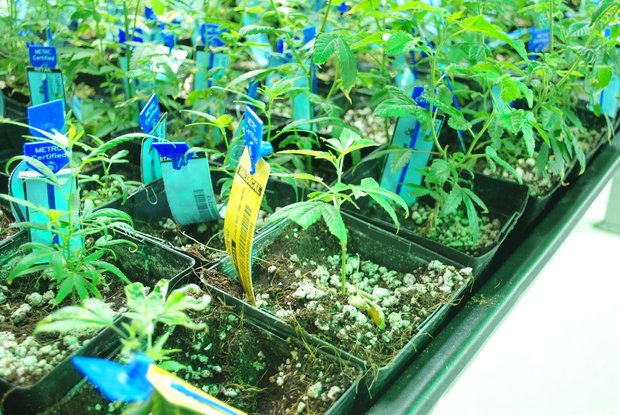Medical Marijuana: Israel Using Tech to Get Into Cannabis Market | Fortune.com
This week Fortune.com reports on cannabis industry development in Israel:
Licensed marijuana growers work with scientific institutions in clinical trials towards the development of cannabis strains that treat a variety of illnesses and disorders. One step forward for the Israel cannabis market.
There are about 120 studies ongoing in Israel, including clinical trials looking at the effects of cannabis on autism, epilepsy, psoriasis, and tinnitus.
In contrast to the United States, which is currently the biggest legal marijuana market, authorities in Israel are liberal in their support of research and development.
The government gave the go-ahead in February to legislation that would allow export.
But importing cannabis to the United States is illegal under federal law. The only way to get around the ban is to receive approval from the U.S. Food and Drug Administration (FDA).
[While in ]Canada, for instance, exports medical cannabis to Australia, Croatia, and Chile.
More than 500 Israeli companies have applied for licenses to grow, manufacture and export cannabis products, according to government officials, and some are already capitalizing on the booming U.S. market.
In the past year, U.S. and other firms have invested about $100 million to license Israeli medical marijuana patents, cannabis agro-tech startups and firms developing delivery devices such as inhalers.
Source: Medical Marijuana: Israel Using Tech to Get Into Cannabis Market | Fortune.com



